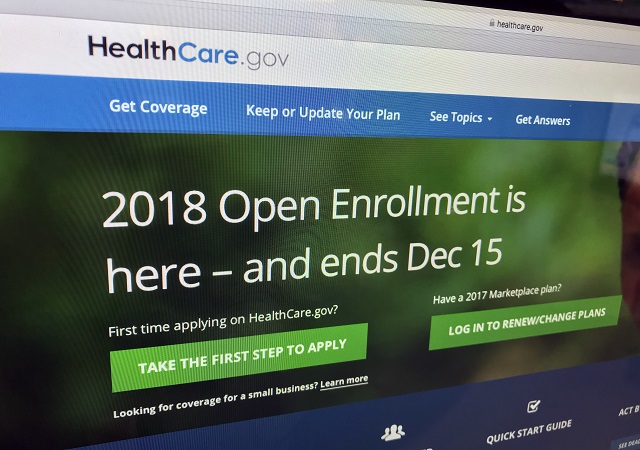
Jon Elswick (AP Images)
A potent issue dominated the midterms this fall: health care. It was a top concern for voters, and it ultimately shaped the outcome of races across the country. Jonathan Gruber, an economics professor at MIT and an architect of the Affordable Care Act, and Sarah Kliff, senior policy correspondent at Vox and host of the podcast The Impact, weigh in on the future of health care. With a divided Congress, Kliff and Gruber suggest that state governments and possibly the private sector will be the places to watch for reform in the short-term.
Three Takeaways:
- Why is health care reform stalled at the federal level? Gruber says Democrats are divided on the issue and the Trump administration hasn’t embraced new proposals for policy change.
- Both Kliff and Gruber point to encouraging innovation at the state level. Take South Carolina, which has seen, encouraging results from a new prenatal care method that helps women on Medicaid. In Louisiana, officials have been exploring ways to make costly hepatitis C drugs accessible to its residents. Whether or not other states will be able to implement innovative approaches to health care will depend on their access to resources, which Gruber says can be limited without federal help.
- Could change come from the private sector? Gruber says that employers should take the initiative, because they’re the ones who often get stuck with the bill. Something to keep an eye on: Berkshire Hathaway, JP Morgan Chase, and Amazon have banded together on an attempt to improve health care, with the assistance of Dr. Atul Gawande.
More Reading:
- NPR reports on voters in some traditionally Republican states who have supported Medicaid expansion efforts.
- The New York Times took a look at Republican candidates, ahead of the midterms, who were willing to challenge their party’s leadership on health care.
- Sarah Kliff's podcast, The Impact, explores how South Carolina’s new low-cost health care initiative is leading to better birth outcomes and healthier babies.

